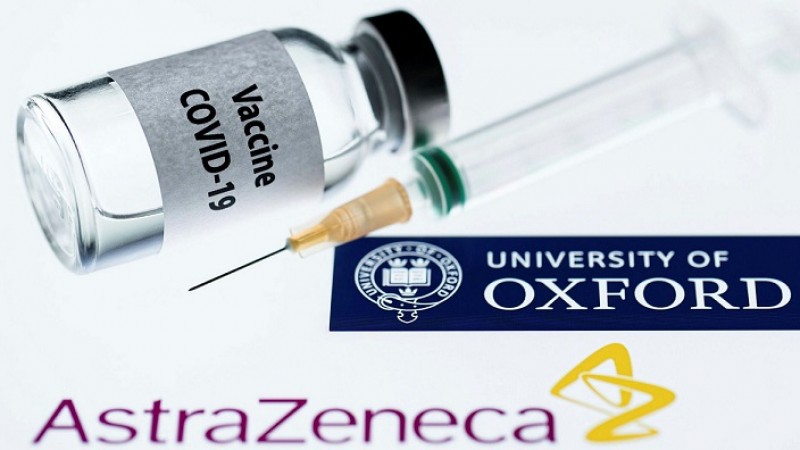
According to a new research report, it states that the vaccine developed by the University of Oxford and AstraZeneca not only protects people from serious illness and death but also substantially reduces the transmission of the virus, a finding that underscores the importance of mass vaccination as a path out of the pandemic.
The study by researchers at the University of Oxford is the first to document evidence that any coronavirus vaccine can reduce transmission of the virus.
Researchers gauged the impact on transmission by swabbing participants every week seeking to detect signs of the virus. If there is no virus present, even if someone is infected, it cannot be spread. And they found a 67 percent reduction in positive swabs among those vaccinated. The results, detailed by Oxford and AstraZeneca researchers in a manuscript that has not been peer-reviewed, found that the vaccine could cut transmission by nearly two-thirds.
The study found that a single standard dose of the vaccine is 76 percent effective at protecting from primary symptomatic COVID-19 for the first 90 days post-vaccination, once the immune system has built this protection 22 days after the vaccination, with the protection showing little evidence of waning in this period.
''These new data provide an important verification of the interim data that was used by more than 25 regulators, including the MHRA and EMA, to grant the vaccine emergency use authorisation,” said Professor Andrew Pollard, Chief Investigator and co-author of the Oxford Vaccine Trial.
Singapore becomes first in Asia to endorse Moderna’s COVID-19 vaccine
Scientists issues warning, new infections of corona found in Britain
Japan postpones COVID-19 emergency period as virus battle surge